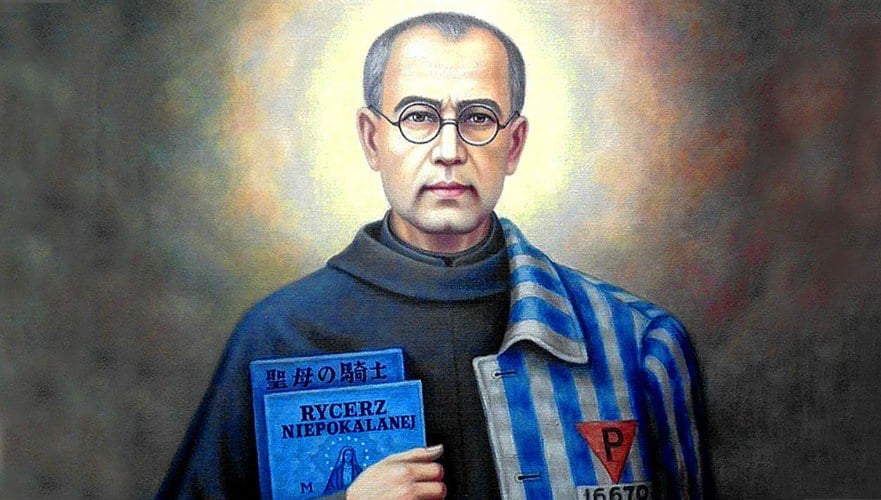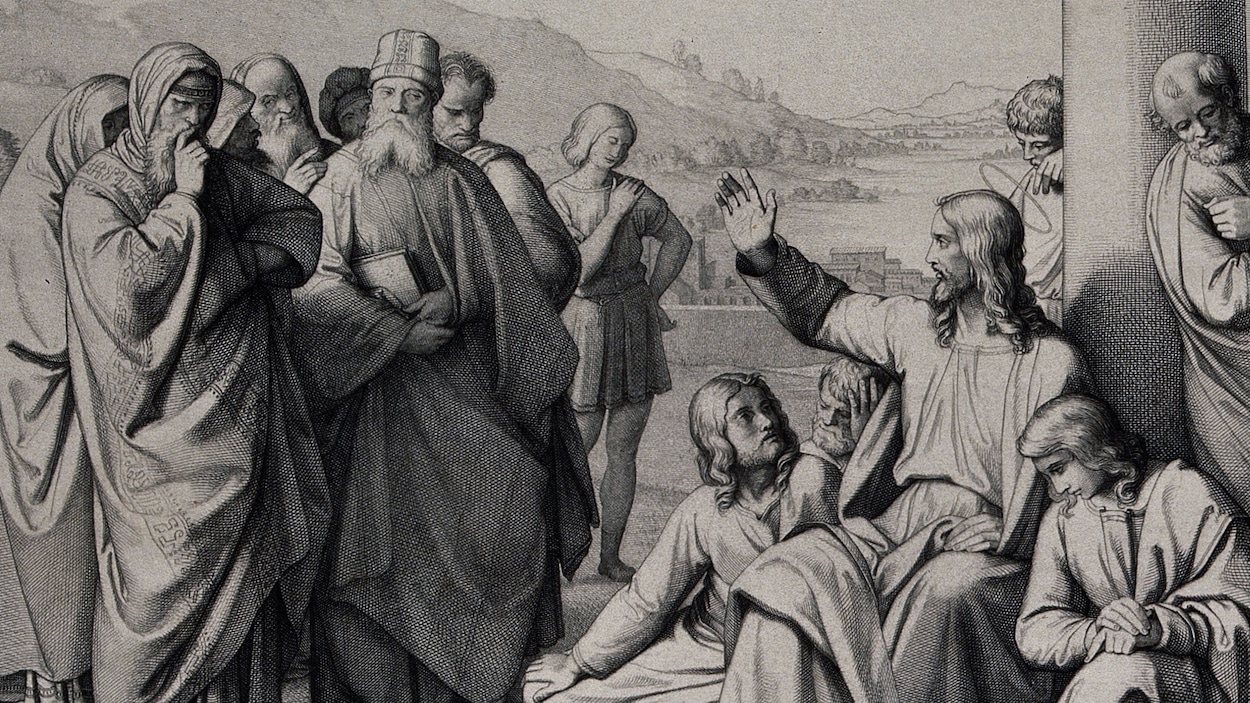In 1999, a thirteen-year-old American girl named Dria Davis successfully escaped from the nation of Saudi Arabia, where she was being held a prisoner by her Muslim father. Fourteen years earlier her parents had married in Florida: a Cuban-American woman named Miriam, and a dashing young Saudi gentleman named Shalhoub who was attending the University of Miami. Everything seemed perfect at first, especially after Dria was born—but then Shalhoub began disrespecting his wife and treating her like his personal property. Miriam put up with this for a few years, but finally divorced her husband, who moved back to his homeland. She was given custody of little Dria, but Shalhoub was granted visitation rights, which included having his daughter come visit him in Saudi Arabia. The first three times this happened there was no problem, but in 1997, when Dria was eleven, Shalhoub decided to keep her, and informed Miriam of this by phone. She filed a police report of kidnapping, but the Miami police couldn’t help her; she contacted the FBI, but they were reluctant to get involved; she tried the State Department, but they didn’t want to anger an important U.S. ally in the Middle East. When Dria herself protested to her father, he began beating her, as did his new wife; she made several attempts to escape, but these were thwarted by her father, his family, and the principal of the Saudi school she was forced to attend. Finally, however, with the help of some friends she had made, and with $200,000 her mother and grandmother had raised to pay the necessary bribes, Dria managed to escape for good—going to the nation of Bahrain, catching a flight to London, and from there returning to the United States.
Dria’s story is significant because of one other important fact. In her own words, “My mom and I are Catholics. When my father kidnapped me he tried to make me become Muslim. When I refused, he beat me. For two years, every time he asked me what religion I wanted to be, and I said Catholic, my father hit me. I wasn’t allowed to eat at the table with the family unless I prayed like a Muslim, so many nights they ate while I watched” (Timothy W. Maier, “A Great Escape,” Insight, Feb. 14, 2000; homily notebook, “Witness”). If we were in a situation similar to Dria’s, would we have the same commitment to our faith shown by this brave teenage girl? That’s the sort of dedication Jesus is asking of us: a willingness to witness to our faith not only when it’s easy to do so, but especially when it’s challenging and even dangerous. Jesus never watered down the truth, compromised in the face of hostility, or took the easy way out. He always witnessed to the truth He had received from His heavenly Father—and if it’s our desire to live in this same manner, He’ll give us the strength needed to achieve it.
This theme of bearing witness to Christ is an appropriate one as we celebrate the Feast of Our Lord’s Ascension into Heaven, for in the Acts of the Apostles (1:1-11) and in the Gospel of Luke (24:46-53), Jesus refers to the apostles as His witnesses. His departure from this earth, and the descent of the Holy Spirit ten days later, was a way of commissioning them to begin proclaiming the Good News of salvation throughout the world—a duty also given to each one of us by virtue of our baptism. When the apostles remained staring at the sky after the Lord’s ascension, two angels had to prompt them to get moving. Depending upon our particular calling in life, it’s not enough merely to contemplate the Risen Lord; we also have to do what we can to invite others to accept Him as their Savior.
As you know, the apostles—and almost all the other early Christians—were very faithful in doing this, even to the point of giving their lives. All the apostles except for St. John died as martyrs, as did other members of the early Church, such as St. Stephen. Many of them were scorned, insulted, falsely accused, imprisoned, or otherwise persecuted. St. Paul in particular endured all sorts of suffering in his efforts to be faithful to Jesus—and felt happy and privileged to do so. Compared to them, most of us have it very easy—and yet, Catholics today (myself included) tend to be shy about sharing their faith, and feel uncomfortable in the presence of Christians who are willing to talk about their personal relationship with Jesus. How can we overcome this hesitation, and what is the Lord asking us to do for Him.
As in everything else, the starting point must be prayer. We should pray each morning, “Lord, give me the opportunity to serve you this day, the wisdom to recognize this opportunity when it arrives, and the courage and strength to act upon it,” and when that time arrives, we should pray, “Holy Spirit, give me the right words to say at this moment.” Perhaps someone will notice our example of faith, and ask us directly about what we believe; maybe we’ll see someone who seems miserable and depressed, and our expression of concern might lead to a chance to talk about Jesus; quite possibly a conversation or discussion will require or allow us to defend one of the teachings of the Church. These encounters can occur at home, in school, at work, in the checkout line, or almost anywhere else. Unlike the apostles, we’re not being sent out as missionaries, so we don’t have to begin preaching to people—but we are called to be alert to the opportunities for witnessing that do arise. Unlike countless Christians throughout history and even in much of today’s world, we’re not facing persecution and even martyrdom for following Jesus—but we are supposed to be willing to suffer in His Name, if necessary. Unlike thirteen-year-old Dria, we’re not facing a daily beating simply for wanting to hold onto our Catholic faith—but we are supposed to value it above everything else, even when it’s difficult, challenging, or inconvenient to do so.
Jesus knew exactly what He was doing by leaving this earth and returning to Heaven; He wanted His followers to have the chance, guided and strengthened by the Holy Spirit, to take over from Him in proclaiming the Gospel and inviting people to accept the gift of salvation. Today’s world needs to hear this message more than ever, and we can’t just sit back and hope someone else will step forward. Our Lord has chosen each one of us to be His witnesses—and He promises that if we try, regardless of the cost, to remain faithful to this calling, our hearts will always be filled with His blessing and His peace.








